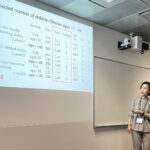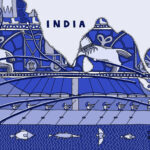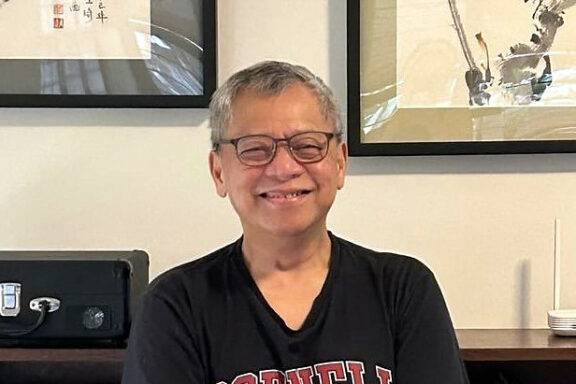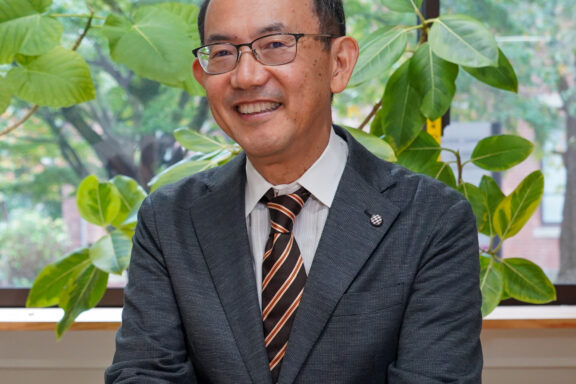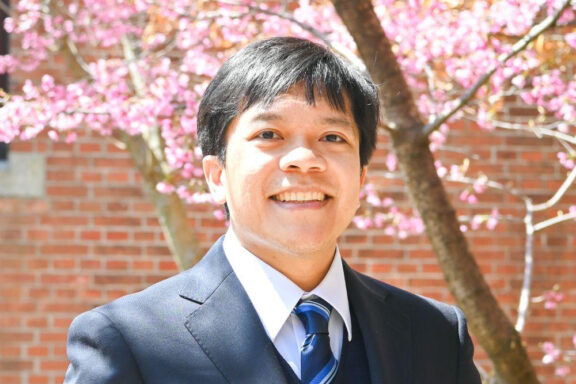Interview with Tomoko Takahashi
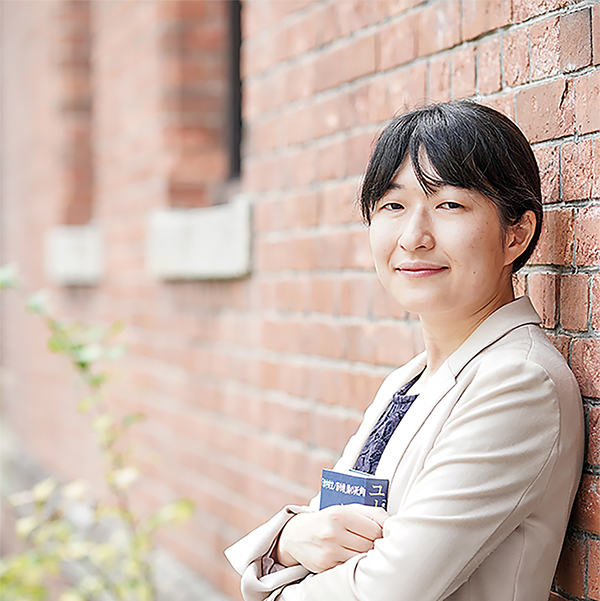
Short Bio
Tomoko Takahashi is an Assistant Professor at the Center for Southeast Asian Studies, Kyoto University. She was also a Visiting Researcher at the Global Governance Unit of the WZB Berlin Social Science Center (September-October 2023). She received her PhD (Advanced Social and International Studies, 2023), MA (Advanced Social and International Studies, 2018), and LLB (Laws, 2016) from the University of Tokyo, and holds an MA (International Relations, 2020, with Honors) from the University of Chicago. She studies how states initiate norms through inter-state power dynamics, coalition politics, and the notion of sovereignty through statistical analysis and archival research. Her dissertation takes up China’s sponsorship behavior in the United Nations General Assembly.
──Please tell us about your research.
I do research in the field of Politics (Political Science) and International Relations in particular. I examine international institutions, such as the United Nations, as well as treaties negotiated among countries.
Although my field is often seen from the idealistic side of international cooperation, it is more complex. For example, if countries agree to ban the use of a certain chemical substance for environmental preservation, industries that produce goods with that substance may be deeply impacted. Thus, a government representing a country that economically profits from such industries may oppose the agreement. As with this example, when multiple countries build common rules, it is necessary to negotiate and make concessions while protecting their interests. To understand the debates surrounding such agreements and the stakes involved, it is necessary to grasp not only the negotiations that take place in international chambers, but also the specific domestic contexts of relevant countries.
In my first project, which I have worked on since my doctoral dissertation, I investigate the behavioral principles of states when they initiate new norms or rules in international arenas by asking the following questions. First, while countries seek relative superiority vis-à-vis their rivals, when do they sponsor proposals that may inhibit the pursuit of certain military or economic power? Second, as states need votes and support from other countries in international negotiations to come to an agreement, to what extent do they consider the stakes of their potential partners, and if so, how? Finally, how do developing countries that have long been colonized and marginalized negotiate, offset disadvantages, and develop discretionary power while following international agreements within international institutions that have been established in the Western context? Does the notion of state sovereignty affect consensus building, or is it only a rhetorical problem? I have conducted research on these three points using statistical analyses (regressions and network analysis in particular) and multilingual archives. In my new project, I examine whether and how international bureaucrats are influenced by the policies of their countries of origin. I wish to use interview analysis for this project more frequently.
While I work to establish and test generalizable theories and hypotheses, I have empirically focused on China and its Global South coalition partners. I follow the literature of Comparative Politics and Area Studies in this regard, and I constantly consider how I can contribute to this field from the vantage point of Asia.
──Why did you choose to be a scholar and how did you decide on your current research topic and approach?
Although there have been twists and turns, in retrospect, three factors were essential. First, I have always wanted to contribute to world peace. As a child, I attended approximately six schools during my elementary school days, including international schools in Vietnam and China as well as Japanese schools. At that young age, I came to realize that anyone from any country/region could become a good friend. As my peers from Europe, the UK, the US, Australia, the Middle East, Africa, East Asia, Southeast Asia, and South Asia coexisted in the international schools, we experienced the same events or faced the same assignments with no prejudice among each other. My heart learned that we human beings laugh or feel troubled all the same. However, after witnessing the terrorist attack on September 11, or the complexities of Japan-China relations, I became interested in how “institutions” developed by human societies, such as states or media, can create intricate realities, for better or worse.
Second, it was important to consider the angle from which I would engage in world peace. At the stage of choosing my career path, while I thought I would like to get involved in diplomacy or international cooperation, I was also exposed to the joy of academic dialogues with various scholars beyond time and space during the seminars at the Faculty of Law at the University of Tokyo. Hence, I began to seek a way to fulfill both these aspects. I entered the master’s program at the Graduate School of Arts and Sciences at the University of Tokyo. From there, I studied abroad at the Graduate Institute of International and Development Studies in Geneva, Switzerland, where I first read a paper by an international institutionalist. This is when I was inspired to learn that there was an academic discipline dedicated to thinking about the design of international cooperation.
The third factor concerns my favorite style of working. During my academic journey, I learned from my supervisors/mentors, senior students, and peers that it is just as desirable to have direct discussions with the authors of academic papers as it is to have dialogues on paper. This is because journal articles exist within the context of the interests and backgrounds of academic communities, and the publications do not cover such information. Furthermore, in terms of conducting quantitative research or making use of diverse expertise, more and more people engage in collaborative research with scholars from around the world, regardless of their nationalities. It was fascinating to learn that I can work while traveling to different countries. Finally, while researchers do not get directly involved in real politics, we have the freedom to work on our research questions as an individual regardless of our position, and are thus able to, through publications, convey our thoughts into the future. This is the epitome of the job.
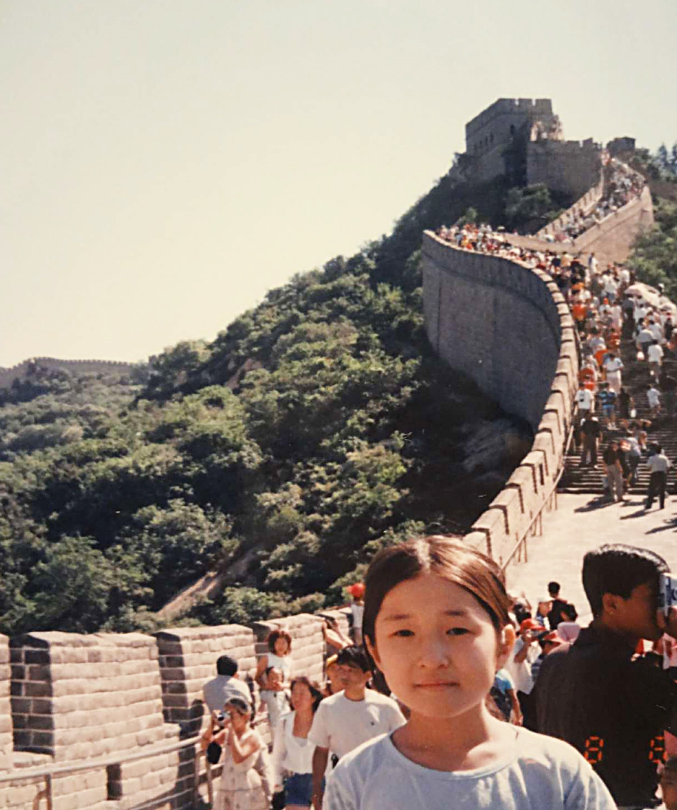
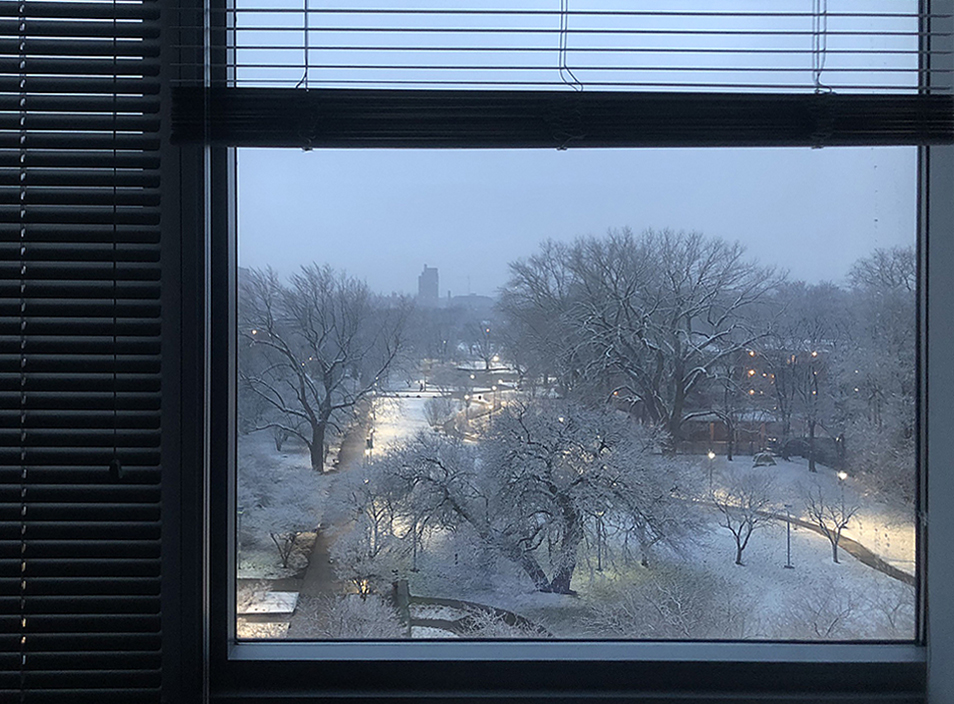
──Could you tell us about your ideal image of a researcher?
The ideal researcher is not biased toward any methodology or identity, and they constantly and calmly project their “own argument” with “evidence” while clarifying its “limitations.” In the field of Politics, new quantitative analytical methods are developed every day. While I wish to follow and make use of such developments, I also deem it essential to have broad dialogues without too much bias toward or against any one methodology, such as when we face critical debates with case study analysis and the like. It is also important for authors using logic and empirics to have academic dialogues regardless of their affiliated academic community or country/region, let alone their political orientation or identity. While an ideal researcher may follow “hot” global issues when developing their own arguments, they are not swept away by rhetoric or trendy topics, and clearly delineate their argument and contribution from those of earlier studies, buttressed with well-grounded evidence. Finally, any research argument has accompanying restrictions, and a good researcher acknowledges these. Relevant to this is that, although obvious, an ideal researcher should constantly reflect on how his/her research is conducted and what implications it brings in terms of whether they are ethically desirable.
──Please tell us about the difficulties you faced in compiling the results of your research into a paper or book.
This is something I struggle with every day. As the audience changes depending on the attributes of the journal, such as by what themes and methodologies they take up, it is more critical than I imagined to alter the expressions I use when trying to publish my research. This is quite challenging; according to senior scholars in the field of Politics, as top journals are very competitive, it is important to get used to being rejected, and most of all, to not give up. Hence, I would like to keep trying my best!
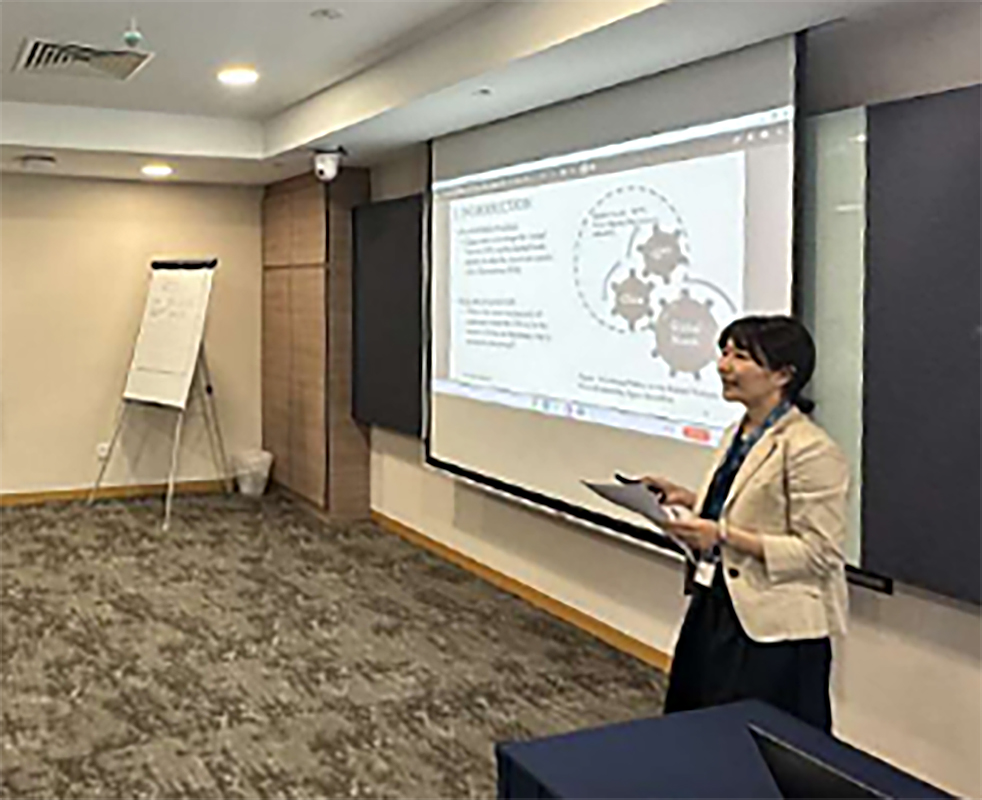
──Please tell us about your must-have gears, or must-haves of research and writing.
In addition to a personal computer and quantitative analysis software (I use “R”), the Zotero platform, a mechanical pencil by Caran d’Ache, and a small notebook are must-haves for me. Zotero is essential in that all the earlier studies that I have read are stored on an online server with my notes, which allows me to refer to them wherever I travel for conferences and research. Meanwhile, digitalization is not everything, and stationary items are also essential. I find it effective to take notes by hand while having lively discussions with other scholars. As to the mechanical pencil, Caran d’Ache is my favorite brand from Geneva. It is rather a coincidence that I have used it since junior high school when I got it for free during a promotional campaign, and I ended up visiting Geneva to study about international institutions and to intern at the United Nations nine years later.

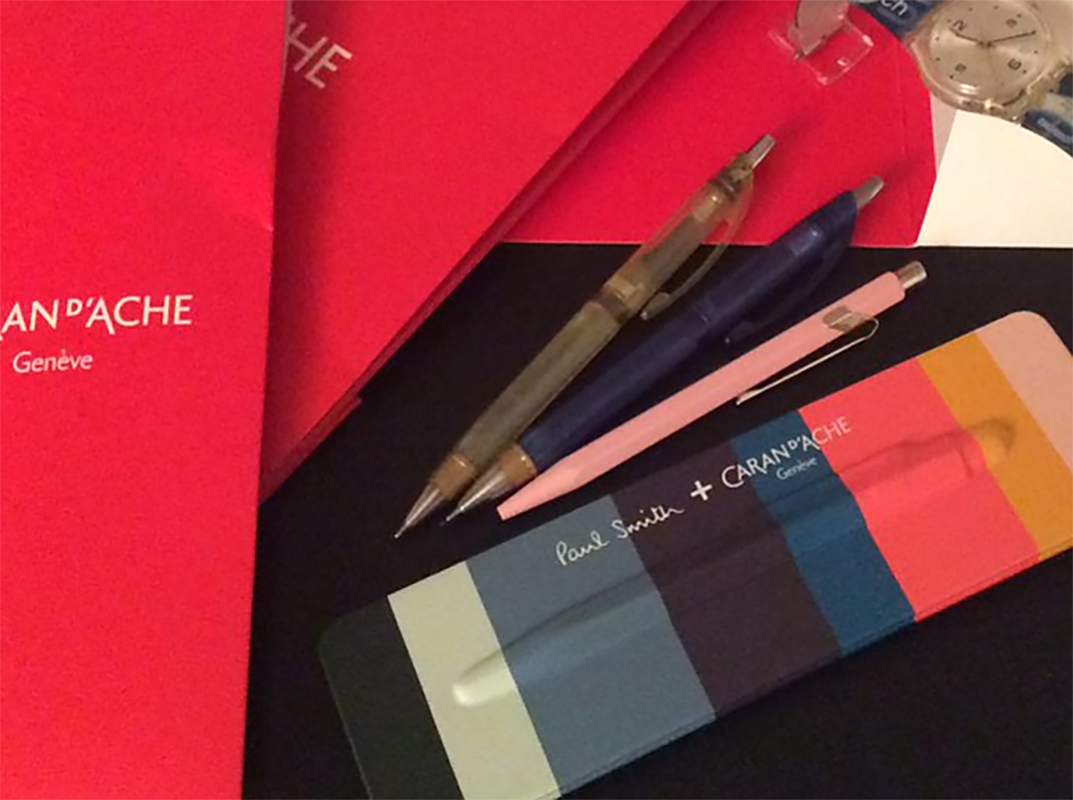
──Which books do you recommend for young scholars and why?
This is a hard question, as the answer can depend on the needs of the scholar. However, because Politics (Political Science) is often misperceived as a field that follows the breaking news and analyzes current situations, I would like to recommend the following book to illustrate the significance of research in the field: Worldmaking after Empire: The Rise and Fall of Self-Determination by Adom Getachew (published by Princeton University Press in 2019). The book takes up what the author calls the failure of African regionalism by assembling a myriad of voices to depict the push and pull involved between the establishment of states and the momentum for regionalism. As there are different purposes or restrictions outside the academia in depicting certain “facts,” the intergovernmental attempts, and let alone failed attempts described in the book may well have been overlooked without Getachew’s narrative. This book demonstrates that Politics (Political Science), even if not the sub-field of Political Theory in particular, can play a role in presenting “theories,” or ways of thinking across time and space by providing overlooked facts and alternative perspectives. Therefore, the subject of research is infinite; while some research takes up cases from the latest news, everything that you can think of, such as medieval documents and satellite images, are being used for empirical analysis.
──Please tell us your future ambitions.
I hope to be a scholar that writes constantly and contributes primarily to the study of international institutions. In doing so, I also wish to be someone that continues the dialogue with scholars from around the world not only on paper, but also in the hallways or over Zoom, where conversations spark interesting theories or collaborative research.
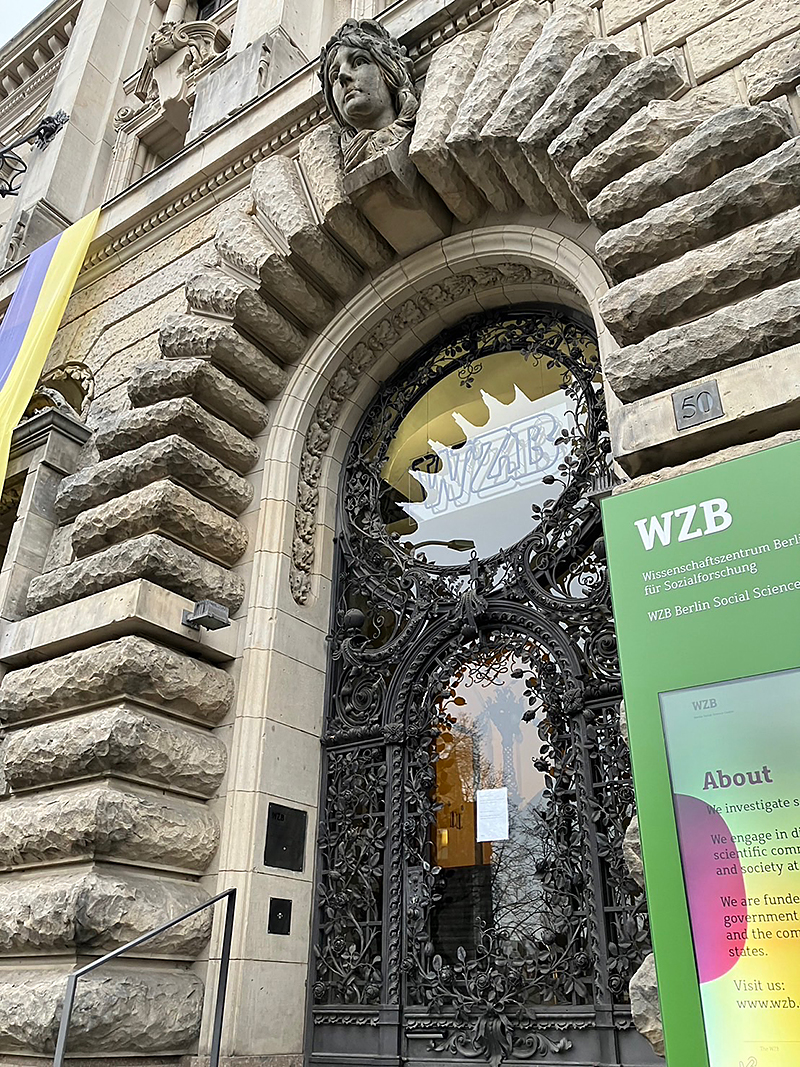
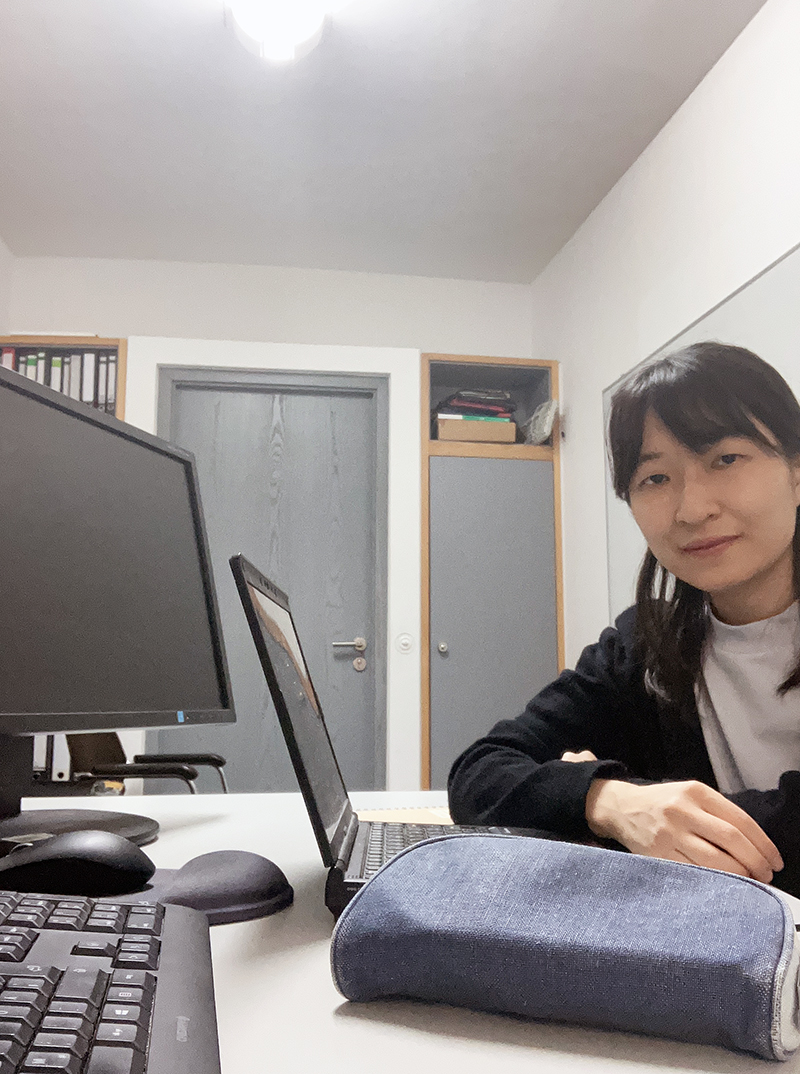
(October 24, 2023)
This article is also available in Japanese. »
「国際制度論に魅せられて:世界の研究者との対話から」
高橋知子さんインタビュー

